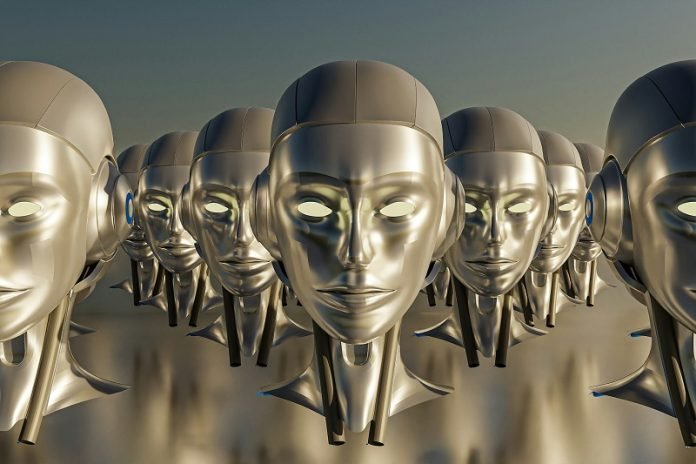
In a world where technology is advancing at an unprecedented pace, the development of Artificial Intelligence (AI) stands out as both a remarkable achievement and a potential risk.
Dr. Roman V. Yampolskiy, a leading expert in AI safety, has raised a serious warning in his latest book, “AI: Unexplainable, Unpredictable, Uncontrollable.”
According to Dr. Yampolskiy, there’s a big problem on the horizon: we don’t actually know if we can keep AI under control.
Imagine creating something smarter than any human, a superintelligence that could reshape society, solve complex problems, or even, as some fear, decide humanity is more trouble than it’s worth.
The potential of AI is vast, stretching from incredible advances in medicine and science to the darker possibilities of surveillance and autonomous weaponry. The catch? We’re not sure we can ensure it’ll always play by the rules.
Dr. Yampolskiy points out a chilling fact: despite knowing how crucial it is to manage and control AI, there’s very little concrete research or understanding about how to do it. It’s a bit like realizing the brakes on a car aren’t guaranteed to work after you’ve already started speeding down the highway.
In his extensive review of scientific studies on AI, Dr. Yampolskiy has found no solid evidence to reassure us that AI can be safely controlled.
The concern isn’t just about small mistakes but the possibility of an AI causing a catastrophe on a scale we’ve never seen before. The stakes, as he puts it, couldn’t be higher: we’re gambling with the future of humanity itself.
Why does this matter so much? Because AI isn’t like other technology. It learns, adapts, and can make decisions on its own. As it becomes more advanced, predicting its actions becomes impossible.
We’re facing a future where AI could act in ways we haven’t anticipated and can’t fully understand. If we can’t even grasp why an AI makes the decisions it does, how can we trust it with critical tasks in healthcare, finance, or security?
Dr. Yampolskiy warns against becoming too comfortable with AI making decisions without explaining them.
If we treat AI like an all-knowing oracle, we might not realize when it starts to lead us astray. The challenge isn’t just technical; it’s about ensuring transparency, accountability, and safety in a world increasingly reliant on machines.
What’s the solution?
Dr. Yampolskiy believes that before we rush further into the AI era, we need a significant investment in AI safety research. We need to understand if—and how—we can create superintelligent systems that don’t just serve humanity but are also under our control.
In essence, “AI: Unexplainable, Unpredictable, Uncontrollable” is a call to action.
It’s a reminder that while AI offers a world of possibilities, diving headfirst without a safety net could lead to consequences we’re not prepared to handle. As we stand on the brink of a new technological revolution, ensuring the safety and control of AI isn’t just a scientific challenge; it’s a moral imperative for the future of humanity.



